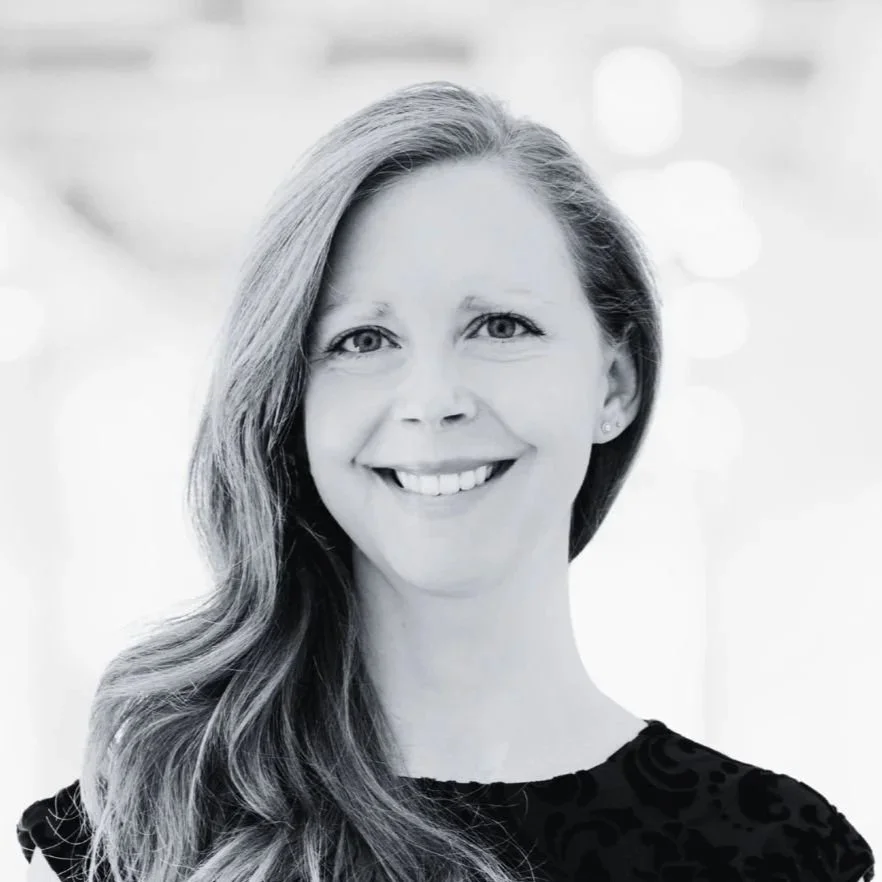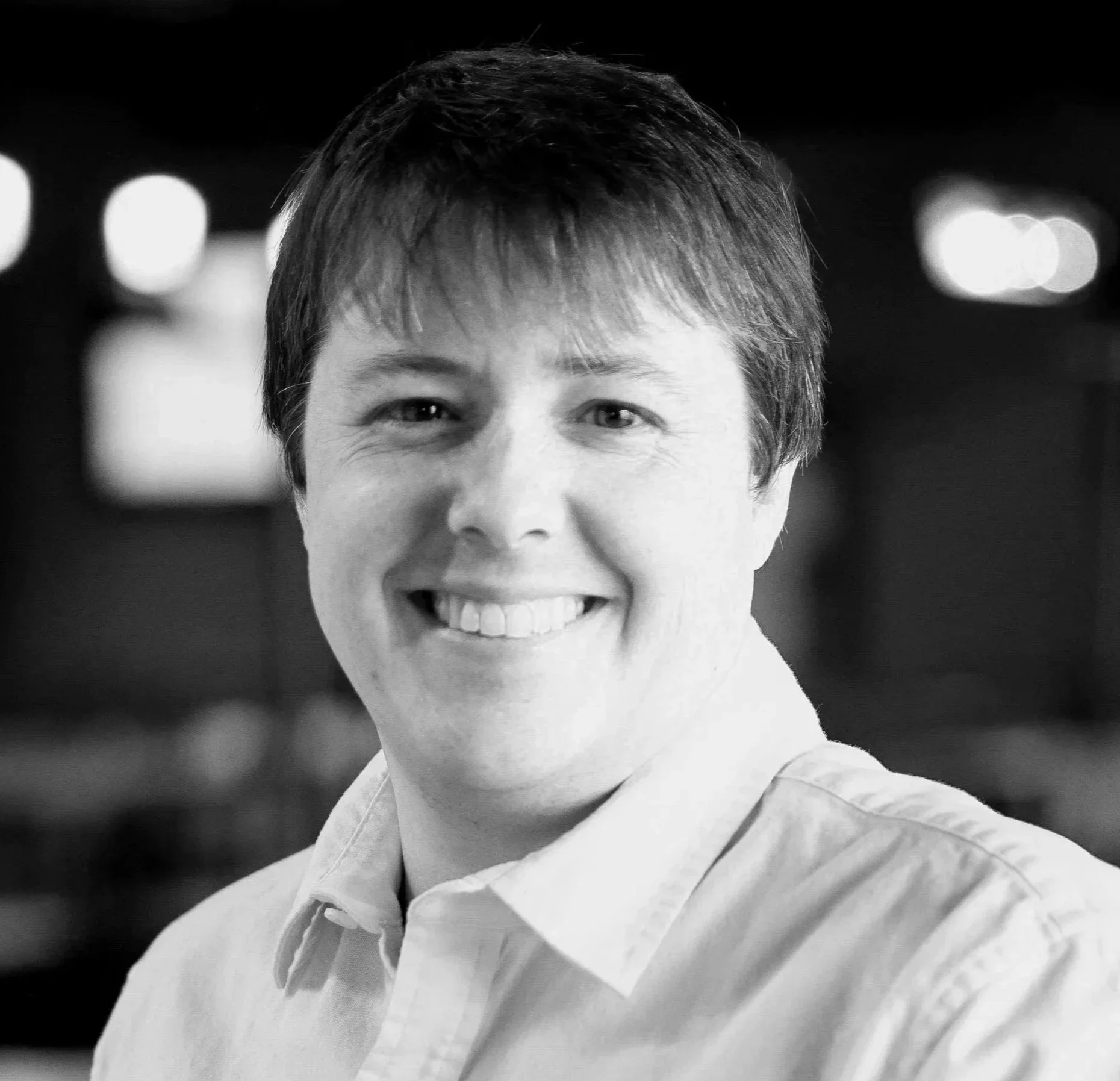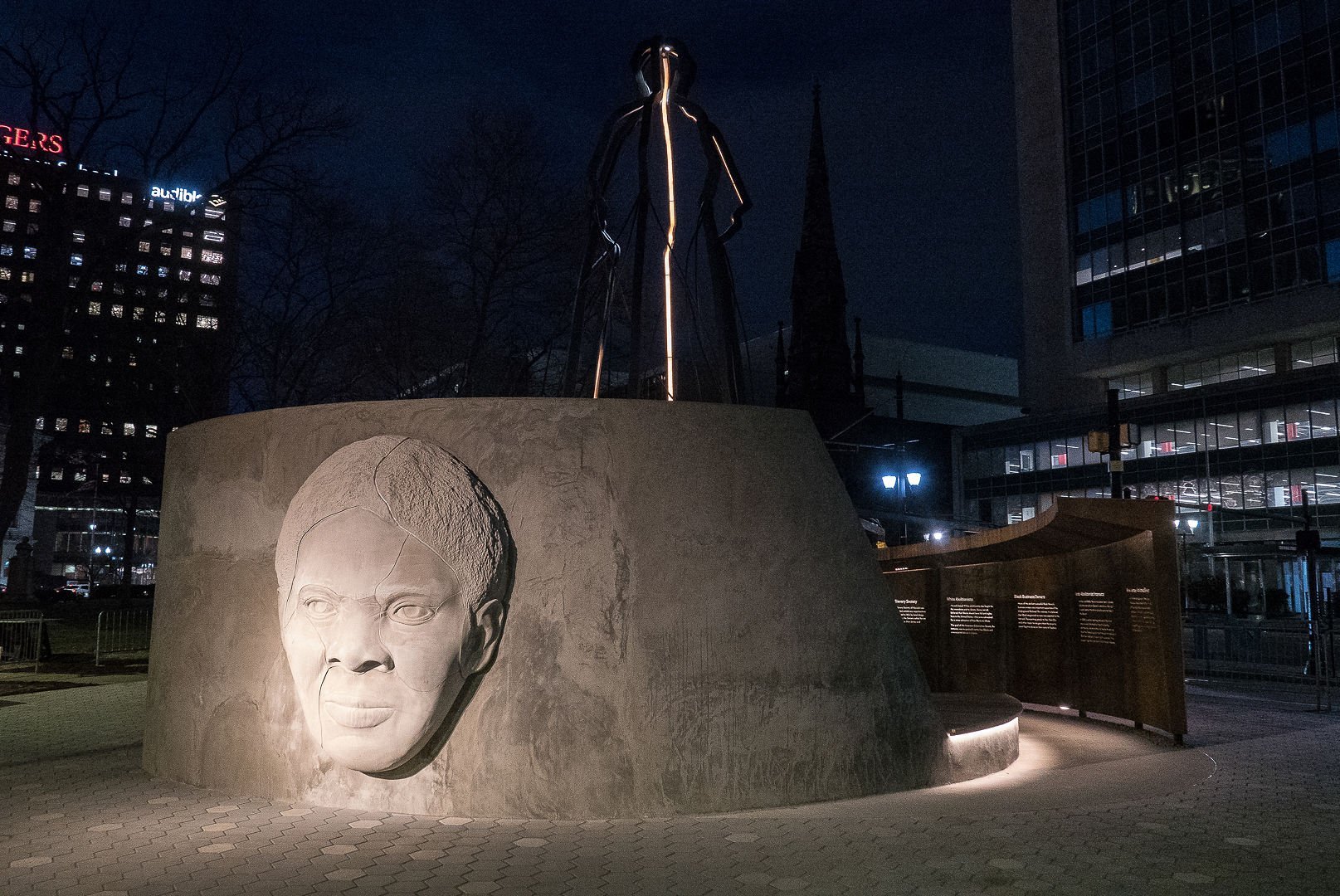What is Light Justice?
Light Justice asserts that everyone deserves good lighting and beneficial darkness.
We share a common understanding of light, but what do we mean by justice?
Justice (noun):
In its broadest sense, it is the concept that individuals are to be treated in a manner that is equitable and fair.
Justice (verb):
The action of speaking up and taking a stand when you see someone being mistreated, advocating for the dignity of others in your community, or joining a local organization fighting for fair and equitable treatment for all.
Environmental Justice:
The right of all people to be treated fairly and have equal access to clean and safe environments.
Design Justice:
The ethical and inclusive approach to designing products or systems that address and mitigate historical inequalities to ensure fair and equitable outcomes for all users.
How can one building system contribute to a just, inclusive, and equitable space?
For a building system such as lighting to contribute to a just, inclusive, and equitable space, we must first acknowledge that access to quality lighting is not equal. Disparities based on income, power, and racial bias significantly affect how safe, valued, and empowered people feel as they navigate both interior and exterior spaces, in built and natural environments.
Second, we must actively seek opportunities to generously share our expertise and collaborate with individuals, communities, and occupants who have historically been excluded from access to quality lighting design. Everyone deserves the benefits of well-designed lighting—not just those in privileged spaces.
Light Justice is the practice of planning, designing, implementing, and investing in lighting for historically marginalized communities through inclusive stakeholder engagement and mutual respect. Thoughtful and well-maintained lighting is too often a marker of power and privilege. Research shows that under-resourced, working-class communities frequently experience poor or oppressive lighting conditions, which negatively impacts physical safety, mental health, and overall well-being. The lighting profession holds both a responsibility and an opportunity to change this reality. By recognizing our role and embracing curiosity around how lighting can promote social and environmental equity, we take the first steps toward achieving Light Justice.
What is LightJustice.org?
LightJustice.org is a forum for lighting professionals to share information and ideas about lighting justice issues, opportunities, and actions. It is a repository for lighting justice resources accessible to everyone, whether lighting professionals or community members, and offers a hub to connect efforts across organizations in the pursuit of greater justice in how communities are impacted by light.
How did Light Justice begin?
In the spring of 2020, as the COVID-19 pandemic devastated communities of color, the murders of Ahmaud Arbery, Breonna Taylor, and George Floyd at the hands of law enforcement ignited weeks of Black Lives Matter protests across the U.S. and beyond. The moment forced many industries, including lighting design, to confront their own shortcomings in diversity, equity, and inclusion.
On June 24, 2020, the International Association of Lighting Designers (IALD) hosted a webinar, The Impacts of Racism in the Lighting Industry, led by lighting designers Edward Bartholomew, Nelson Jenkins, and Lisa Reed. Shortly after, lighting designer Mark Loeffler called Edward to offer support. As longtime friends and past co-presenters on sustainable lighting, their conversation deepened into a broader concern: how access to quality lighting—often a marker of privilege—was largely absent in marginalized communities.
Determined to address this imbalance, they launched Light + Justice, an initiative examining the intersection of lighting, social equity, and environmental justice—focusing on its impact on marginalized communities, human health, and opportunities for the lighting industry to drive meaningful change. In 2022, lighting and interior designer Lya S. Osborn joined the effort, extending attention to interior applications and the social impact of lighting technology. Through conference presentations, articles in Lighting Design + Application magazine, and day-long symposia, they have together worked to raise awareness of lighting’s role in public well-being and advocate for a more just and inclusive lighting industry.
Who We Are
Edward Bartholomew, Mark Loeffler, and Lya S. Osborn established the website LightJustice.org in early 2022 as a forum to share knowledge and encourage other lighting and design professionals to join the exchange. By 2025, they were joined by an accomplished collective of curators who have been instrumental in the development of Light Justice into a thriving organization.
Amber Hepner, passionate about the intersection of design and human experience, was inspired by a Light Justice presentation on community night walks, leading her to join as a curator. Richard Muthama’s master's studies at Parsons, particularly his thesis on prison lighting, deepened his interest in spatial justice. A chance meeting with Edward Bartholomew led to his role as a curator. Chrisoula Moraitis’s award-winning thesis on lighting for safe urban passageways, advised by Edward Bartholomew, shaped her commitment to Light Justice, which she now integrates into her work at Bartholomew Lighting. Neha Sivaprassad, founder of Sol Light Studio, was drawn to Light Justice through her urban lighting work in San Francisco. After collaborating with Edward on a conference talk, she joined as a curator to advance its mission. This group of curators are also supported by advisors and advocates.
-

Edward Bartholomew
Founder, Executive Director
Edward Bartholomew, IALD, IES, LEED AP is the principal of Bartholomew Lighting, a Black-owned design consultancy based in Cambridge, MA. He has over thirty years of experience designing sustainable, inspiring, and award-winning architectural lighting systems. He is a professional member of the International Association of Lighting Designers, a member of the Illuminating Engineering Society, and a LEED Accredited Professional.
Read More
Currently, he serves on the IES Diversity, Equality, Inclusiveness, and Respect Committee as a founding member. Edward is an invited speaker on lighting technology, energy efficiency strategies, and social justice at regional, national, and international conferences. In addition, Edward co-teaches graduate lighting classes at Morgan State University and at the Rhode Island School of Design. In his practice and advocacy, Edward promotes Light Justice.
-

Mark Loeffler
Founder
Mark Loeffler, IALD, IES, LEED Fellow retired from active consulting at the end of 2021. Based in Connecticut, he has dedicated more than thirty years to designing joyful, invigorating, healthful, and sustainable architectural lighting for notable academic, healthcare, research, corporate, institutional, and recreational buildings in the US and around the world. He is a professional member of the International Association of Lighting Designers, a member of the Illuminating Engineering Society, and a LEED Fellow.
Read More
Currently, he serves on the IES Sustainability Committee as an advisory member. During his career, Mark has written, taught, and lectured widely which he plans to continue, especially in his advocacy for lighting’s role in social and environmental justice.
-

Lya S. Osborn
Founder
Lya S. Osborn is a multidisciplinary designer, writer, literary translator, and the founder of a collaborative workshop in Seattle, WA. Lya also serves as the North America Regional Director for Unolai Lighting Design and has contributed to a broad range of award-winning international design projects over the past eight years. Lya received a double MFA in Lighting Design and Interior Design from Parsons The New School for Design, where her thesis work challenged the industry norms and incentives which have long defined a designer's role in society, proposing alternate modes of directing design resources to historically underserved or disadvantaged populations.
Read More
Lya is a member of the International Association of Lighting Designers, the Illuminating Engineering Society, and the International Dark Sky Association, and is Community Friendly Lighting Certified.
-

Neha Sivaprasad
Associate Director
Neha Sivaprasad, LC, IES, IALD, CLD, LEED AP is an accomplished architectural lighting designer with 20 years of lighting design experience and is the founder of Sol Light Studio, based in the San Francisco Bay Area. Neha has a bachelors Degree (with honors) in Architecture from Sir JJ College of Architecture, Mumbai, India and a Master of Building Science degree from University of Southern California, Los Angeles, USA. Neha’s diverse portfolio spans museums, retail spaces, office buildings, residential complexes, and hospitality environments.
Read More
Neha’s work has significantly contributed to community-oriented projects, such as low-income housing initiatives, large-scale master planning, and impactful urban lighting installations in underserved neighborhoods, bringing transformative impacts to these communities. In addition to contributing to several award winning projects Neha was also the recipient of the 40 under 40 global lighting designers award in 2018.
-

Amber Hepner
Treasurer
Amber Hepner, Design IALD, LC, LEED AP BD+C, is an architectural lighting designer with 17 years of experience, working with Lam Partners as a senior associate. Holding a master’s degree in architecture, Amber’s journey in design began in residential architecture but soon evolved into a passion for lighting. She has developed a strong focus on museum projects, outdoor parks, and nighttime experiences, where lighting plays a pivotal role in shaping atmosphere and enhancing human interaction with spaces. Amber is proud to have contributed to several award-winning projects in these areas.
Read More
With her growing experience in lighting design and a deep-rooted connection to architecture, Amber remains committed to advancing the design community. She actively engages in mentorship, teaching, and participation with industry organizations such as the Illuminating Engineering Society and the International Association of Lighting Designers.
-

Richard Muthama
Outreach Director
Richard Muthama is a Kenyan architectural lighting designer at Lam Partners in Cambridge, MA. He earned an MFA in Lighting Design from Parsons School of Design, where his thesis, focused on lighting in spaces of incarceration, gained recognition for its contribution to social justice within the lighting industry. As a result of this research, Richard was a panelist at the 2024 Light Justice Indoors Symposium, where his work sparked important discussions on lighting for marginalized populations. During his thesis work, he connected with Edward Bartholomew, which led to his role as a curator for Light Justice.
Read More
Beyond his work with Light Justice, Richard is the Vice President of Black United In Lighting and Design (BUILD) and a member of the IES Security Committee, where he collaborates on revising the Recommended Practices for lighting in incarceration settings.
-

Chrisoula Moraitis
Marketing Director
Chrisoula Moraitis, IES is a lighting designer at Bartholomew Lighting, where she has been working on a range of projects in various stages since 2023. She graduated from the Master’s of Architecture program Wentworth Institute of Technology in Boston, in 2024 after completing her Undergraduate degree in Architecture with a minor in sustainability. Her Design Excellence Award winning Thesis project, “Lighting the Path: Advocating for the Underserved through a Network of Safe Passageways and Destinations for Pedestrians at Night”, was inspired from Light Justice and her Thesis Advisor, Edward Bartholomew.
Read More
Her research and design were focused on the underserved community of Nubian Square in Roxbury, MA and emphasized the importance of community involvement within design. She has been a Curator and the Secretary of Light Justice since August 2024.
-

Terry Jewell
Secretary
Terry Jewell is an architectural lighting designer with ties throughout New England. A native Mainer, he spent over a decade in Boston learning from highly decorated designers before moving back home to focus on family. He earned a Bachelor of Architectural Engineering from Wentworth Institute of Technology as well as an MBA and Master of Finance from Northeastern University. He also stays current with LC and CDT certifications. With extensive experience as a lighting manufacturer representative,Terry’s emphasis on lighting procurement balances design with the realities of purchasing and delivering a project on time and on budget.
Read More
In his free time, Terry has been the past VP and Secretary of the Maine IES chapter, is the Finance Chair nationally for NACLIQ (North American Coalition of Lighting Industry Queers), and is an active mentor in the ACE (Architecture Construction and Engineering) mentoring program, a farm league baseball coach, father and much more.
Advisors
Francesca Bastianini, IES, LC is the principal of Sighte Studio in New York City, as well as an Assistant Teaching Professor in the MFA Lighting program at Parsons The New School of Design.
Peter Hugh, IALD, IES has been practicing architectural lighting design for over 35 years. Peter founded Hugh Lighting Design, LLC on the belief and conviction of a lighting firm based on providing creative, dynamic spaces grounded within realities of project run disciplines and attentiveness to lighting of spaces for people. He has been and is currently actively involved with the Illuminating Engineering Society for over 20 years, and is also a member of the International Association of Lighting Designers.
Glenn Shrum, IALD, CLD, MIES is the founding principal of Flux Studio, an interdisciplinary lighting design studio with offices in Baltimore, Maryland, and New York City, as well as an Associate Professor of Lighting Design and Interdisciplinary Practice at Parsons School of Design. He transitioned from architecture to lighting to pursue the creative opportunity of light’s profound effect on space and people. Glenn has been a presenter on Light Justice topics at various events, including serving as a panelist at the 2022 Light + Justice Symposium: Outdoor Spaces and as the organizer of the 2024 Light Justice Indoors Symposium. He was also at the latter event. Shrum’s commitment to advancing light justice issues has included implementing new models for lighting design in practice. One notable example is the Signal Station North project, which involved collaborations between Flux Studio, neighborhood groups, and community members.
Jane Slade, MID, LC, IES is a lighting researcher and educator on the impacts of light upon the environment, wildlife, and human health, and a Richard Kelly Grant recipient for her explorations into the social and emotional impacts of light.
Sara Schonour, IALD, IES, LC, is the founder of Luxsi, a multifaceted design and consulting firm, and a passionate advocate for justice within the lighting industry and beyond.
Kevin Houser, PhD, PE (NE), FIES, LC, LEED AP is a Professor at Oregon State University, Chief Engineer at Pacific Northwest National Laboratory, co-founder of Lyralux, and former editor of LEUKOS. He has authored or co-authored over 150 publications and delivered over 145 presentations globally. His recognitions include the IES Taylor Technical Talent Award (three-times), IES Presidential Award, IES Fellow, CIBSE Leon Gaster and Walsh Weston Awards, Edison Report Lifetime Achievement Award, and the IES Medal—the IES’s highest honor for technical achievement. His research examines how humans perceive and biologically respond to light, with emphasis on advancing social equity and environmental sustainability.
Meg Smith, IES, LC, LEED AP, WELL AP has extensive experience in lighting, starting with specification sales in New York City and supporting innovative projects like the first DALI controls installation in the U.S. for the Associated Press World Headquarters. She went on to become a national specialist for Lightolier/Genlyte, then worked as a lighting application specialist at Philips Research. As an independent consultant, Meg has authored two winning DOE proposals and led research on DEIA in lighting design.
Mariel Acevedo, LC, MIES works in Specification Sales at ALR in Oregon, and is the IES Steering Chair along with being a DEIR member and lifelong teacher. She is currently focusing on Trauma Informed and Human & Material Sustainability in lighting.
Advocates
Lucy Corlett is a community planner with an interdisciplinary background in urbanism, policy, and design. Lucy holds a bachelor’s degree from the University of Pennsylvania, where she majored in Urban Studies and Spanish with concentrations in environmental policy and the humanities. Lucy earned her Master’s in City Planning (MCP) from the Department of Urban Studies and Planning at MIT in 2025. With experience in Boston and Philadelphia city government, she advances equitable, sustainable strategies for community development and public space design.
Maria Fernanda M. Fellows, AsBAI, DarkSky Brasil is a partner at E27 Arquitetura + Iluminação. She holds a master's degree in Architecture and Urbanism, and postgraduate degrees in Public Management and Health and in Comfort and Sustainable Buildings. She is currently advocating for better lighting for her local community in Brazil.



